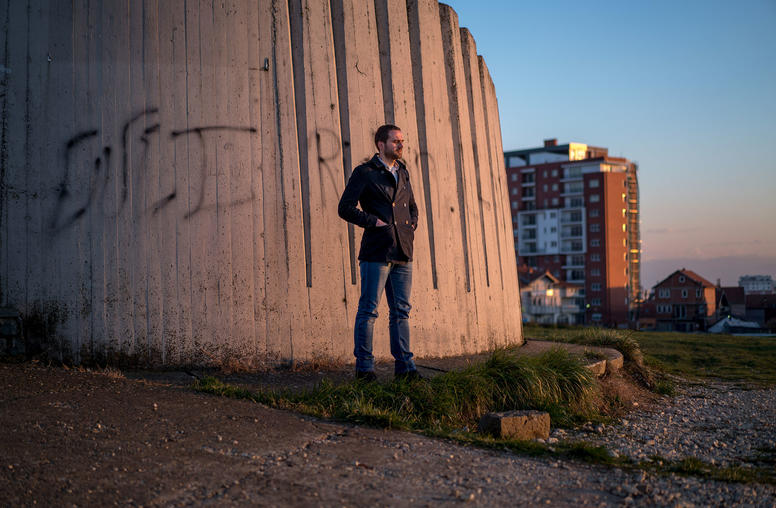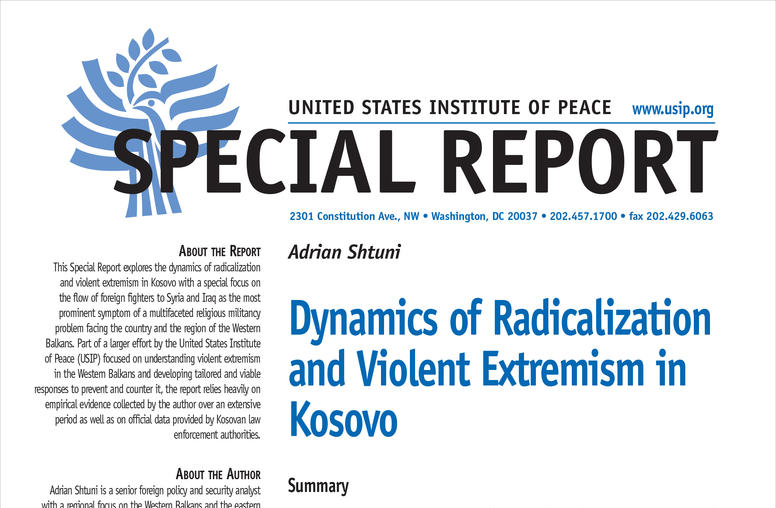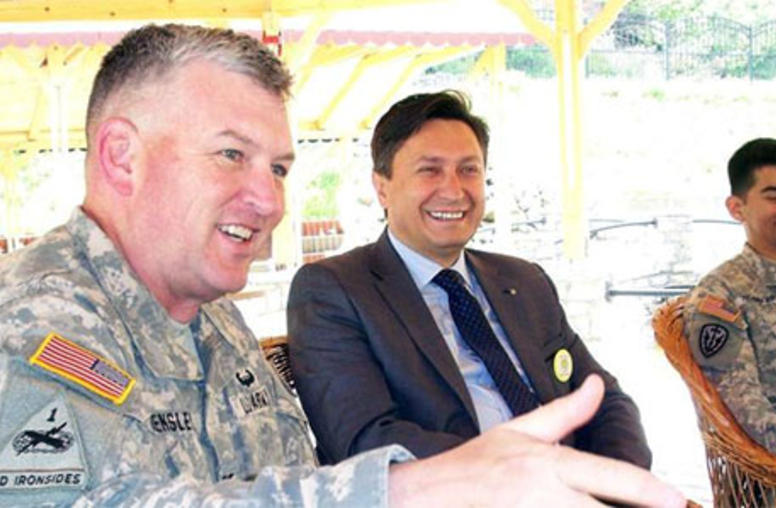Kosovo's Economy: Challenges and Opportunities
Economics and Finance Minister of Kosovo Ahmet Shala will talk about the new infrastructure projects in Kosovo, including transportation, telecommunication, energy, and waste management. He will also give his views on the current problems that Kosovo faces such as the trade blockade on Kosovo's exports to Serbia and Bosnia, membership in the International Financial Institutions, and regional integration.
Ahmet Shala was appointed Minister of Finance and Economy for Kosovo on January 9, 2008. The minister will join us to discuss developments in Kosovo since the declaration of independence, including how Kosovo has managed to keep up economic growth despite the devastating effects of the global economic crisis in the South East Europe region.
Minister Shala will talk about the new infrastructure projects in Kosovo, including transportation, telecommunication, energy, and waste management. He will also give his views on the current problems that Kosovo faces such as the trade blockade on Kosovo's exports to Serbia and Bosnia, membership in the International Financial Institutions, and regional integration.
Speakers
- Ahmet Shala
Minister of Finance and Economy, Kosovo - Daniel Serwer, Moderator
Vice President, Centers of Innovation, U.S. Institute of Peace



